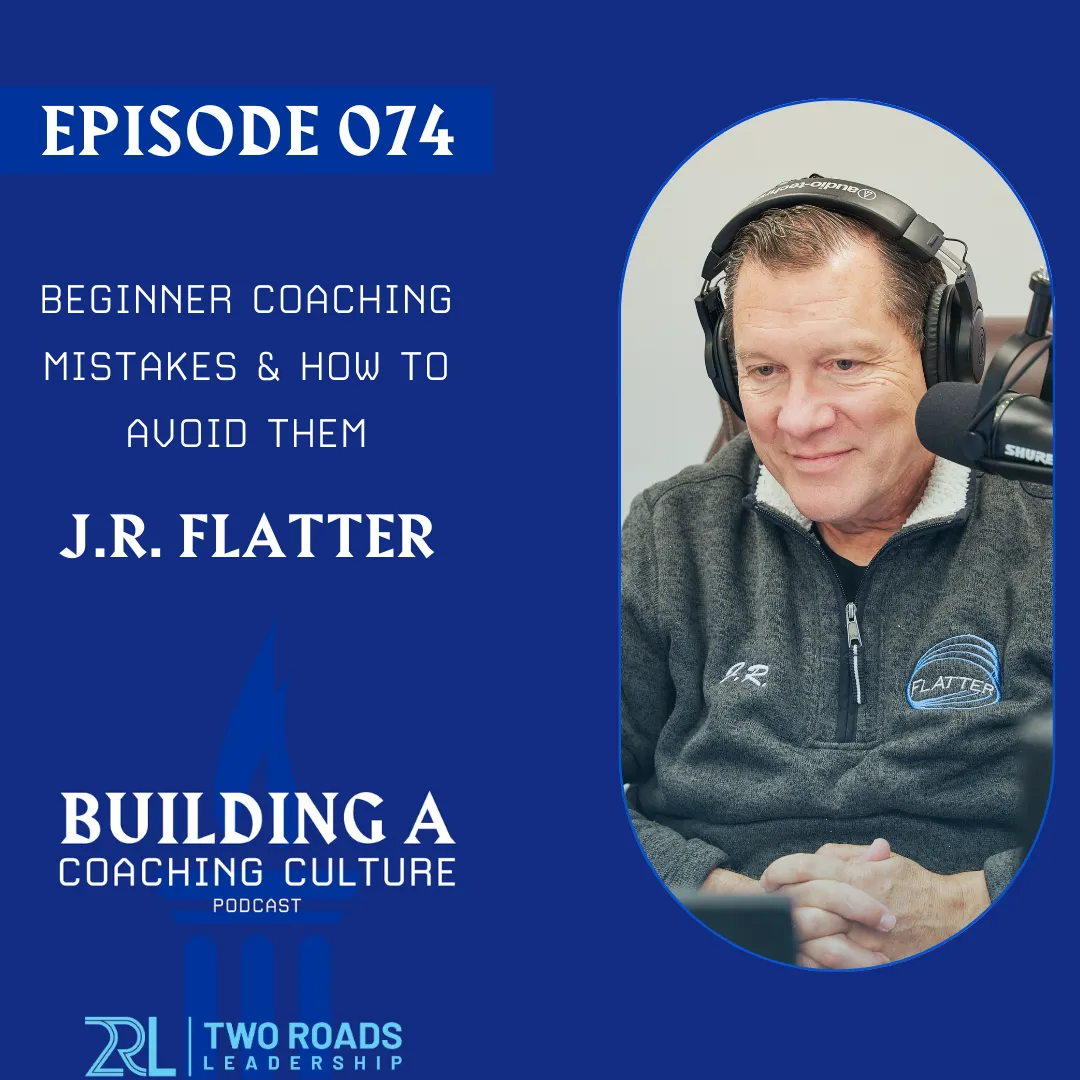Welcome to another episode of "Building a Coaching Culture" with your hosts, Lucas Flatter and J.R. Flatter. In today's episode, we dive into some of the most common coaching mistakes that we see and address the ways that coaches can avoid them. We talk about the power of explicit coaching techniques, the importance of silence in coaching, and the value of asking the right questions. We'll explore how coaching can benefit senior leaders, the role of templates and frameworks in coaching, and the competencies that coaches should aim to demonstrate. Join us as we discuss the art of coaching and its impact on personal and professional growth. So, grab your headphones and get ready to delve into the world of coaching in this thought-provoking episode of "Building a Coaching Culture.”
In this episode, you will learn:
- What some of the most common beginner coaching mistakes are, AND how to avoid them
- How being explicit in coaching contributes to its effectiveness
- The importance of patience and understanding in a coaching approach
- How to address mindset and unconscious bias in coaching
- The power of silence and using it to assess and ask the next powerful coaching question
Building a Coaching Culture is presented by Two Roads Leadership
Produced, edited, and published by Make More Media
Episode Links
J.R. Flatter
Founder of Two Roads Leadership
Lucas Flatter
Resources
2RL 4 day Coach Certification Bootcamp
2RL ICF-Approved Coach Certifications and Trainings
Book
Transcript
Automatic Transcription - please excuse any errors

